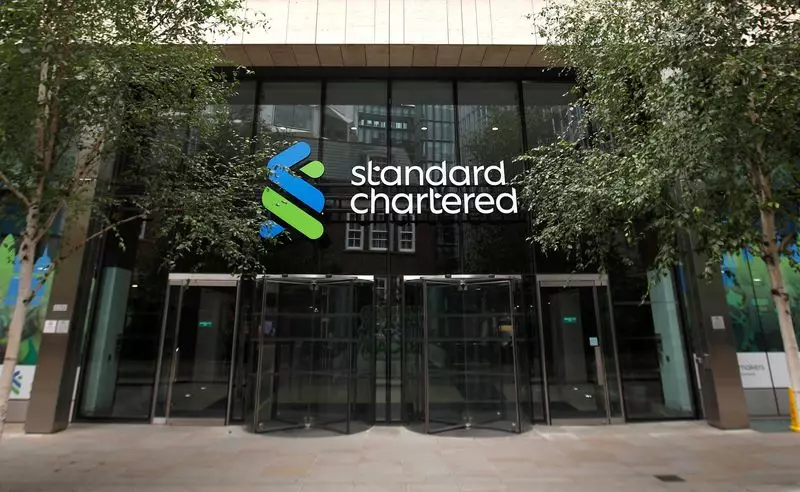Recently, Standard Chartered Bank has found itself at the center of regulatory scrutiny in Zambia due to allegations of mis-selling bonds linked to a Chinese property developer, Sino-Ocean. The Securities and Exchange Commission (SEC) of Zambia reported that the bank failed to disclose critical information pertaining to these bonds, which have significantly depreciated in value following the real estate crisis in China. This oversight raises serious questions about the bank’s adherence to ethical banking practices, particularly its responsibility to provide clients with comprehensive investment information.
Following an intense investigation that began in April, the SEC identified two significant breaches of Zambia’s securities regulations by Standard Chartered. Most alarmingly, the bank involved its clients in contracts that contained exclusion clauses, effectively transferring the investment risks exclusively to them. Such practices not only compromise investor protection but also reveal systemic compliance failures on the part of Standard Chartered. This dynamic illustrates a larger concern in the financial sector about institutions prioritizing profits over client welfare.
In the face of these allegations, Standard Chartered has publicly acknowledged the SEC’s findings while indicating an intention to appeal the decision within the stipulated 30-day timeframe. The bank asserts its commitment to regulatory compliance, which appears somewhat contradictory given the serious nature of the infractions. It underscores the persistent tension between banking institutions and regulatory bodies, as the latter aim to safeguard consumer interests in an increasingly complex financial ecosystem.
The backdrop of this scandal is particularly troubling considering the broader challenges facing the real estate sector in China and the resulting ripple effects on international investments. The bond issues sold to Zambian clients are symptomatic of a larger trend where global banks are increasingly entangled in the risks associated with burgeoning markets. As Standard Chartered weighs its future in Zambia—where it has operated for nearly 120 years—questions abound about the long-term implications for its brand image and client trust.
As Standard Chartered navigates this turbulent period, stakeholders must contemplate the ethical implications of their investment strategies in emerging markets. The SEC’s enforcement action serves as a reminder that regulatory agencies play a crucial role in maintaining market integrity and protecting investors. It remains to be seen whether the bank’s appeal will yield a favorable outcome or if the repercussions will force a reevaluation of its operational protocols in regions where regulatory compliance is critical. In the larger framework, this incident could serve as a catalyst for improved practices across the banking sector, emphasizing the necessity for transparency and accountability.

